KPMG LLP (KPMG), the audit, tax, and advisory firm, recently announced the launch of its Climate Accounting Infrastructure (CAI) capability, built on the Context Labs (CXL) and Spherical|Analytics (S|A) Immutably™ enterprise grade data fabric. This platform demonstrates how blockchain, AI and machine learning can be harnessed for good and have the potential to help solve a large global problem: climate change.
The CXL/S|A Immutably™ enterprise data fabric delivers Asset-Grade-Data in support of CAI’s objective of verifiable emissions. CAI helps organizations more accurately measure, mitigate, report, and offset their greenhouse gas (GHG) emissions, and other climate risks. CAI can incorporate location-specific climate data to assess the business and financial impacts of physical and transition risks related to climate change.
Asset Grade Data acts as a foundational component to CAI, and has a high degree of pedigree, provenance, and veracity. Immutably™ tests and re-tests the data throughout its lifecycle. For example, the sensor on a building can provide contextual data all the way to the secure cloud storage, which feeds signal generation for operators, risk/pricing analysts and investors. That resulting signal can be trusted by each party because of the secure, Asset Grade Data it is built on.
Greenhouse gas (GHG) emissions come from a variety of sources to comprise a comprehensive carbon footprint. Increasingly, a growing collection of organizations must meet a number of emerging regulations across the chain of carbon creation. These organizations are now challenged to understand their emissions and commit to operational changes that will have both now- and longer-term climate and financial impact.
GHG Climate Accounting continues to be an area of focus for the C-suite, who are charged with reducing GHG emissions, and accurately reporting on it via SASB (The Sustainability Accounting Standards Board) and emerging TCFDs (Task Force on Climate-Related Financial Disclosures).
This is essentially a way for countries and companies to describe their climate impact(s), and report on them in a trustworthy and reliable manner.
“As investors broaden their focus beyond financial factors to include ESG practices, organizations are increasing efforts to reducing carbon footprints, alongside transparent disclosure of progress. Trusted reporting capabilities, such as those enabled by Climate Accounting Infrastructure, will be critical to meet stakeholder expectations and to comply with emerging regulations,” said Arun Ghosh, KPMG’s U.S. Blockchain leader.
Dan Harple, CEO and founder of CXL/S|A commented, “Context Labs is positioning our machine learning/AI technology stack into a range of vertical segments, as described by MIT’s Michael Cusumano in, 'The Business of Platforms Strategy in the Age of Digital Competition, Innovation and Power.' The segment in this case is the need for Big Four Accounting firms to address the growing pressure to respond to climate change and provide an industrial strength solution. Adding our ML-generated Asset Grade Data (AGD) is rapidly becoming a checklist item for global firms reporting on GHG emissions.”
Rating agencies, lenders, investors, host communities, and other stakeholders also increasingly demand transparency into an organization’s carbon footprint from its supply chain to its physical locations and assets.
Chris Rezendes, Chief Business Officer for CXL and subsidiary Spherical|Analytics, stated, “We are thrilled to be collaborating with KPMG. Climate resilient operations are no longer ‘nice to have’, philanthropic endeavors. Existing and emerging regulatory regimes persist to create compliance requirements for emissions/carbon accounting. However, what is emerging now are explicit demands from buyers and investors to have carbon accounted for in the products they buy and the investments they make. CAI, in concert with CXL, can enable organizations to drive and prove their progress on carbon and related climate accounting.”
CXL and S|A remain committed to enabling owners and operators to better monitor, mitigate, and avoid greenhouse gas emissions with our technology. One of the trailhead applications in our current collection of served markets is decarbonization in oil and gas operations. Just last month, we launched the Climate Action Engine with Rocky Mountain Institute, beginning our work in Texas. Previously, we collaborated with the Environmental Defense Fund in building the Environmental Data Initiative in monitoring the states of Pennsylvania and New Mexico. By working with KPMG, we’re looking beyond just GHG emissions from energy extraction operations to building emissions and other urban GHG sources.
One of the first applications of CAI will be in real estate and critical infrastructure. In the press release announcing CAI, KPMG named two other organizations offering measurement, analytics, and verifiability capabilities that will support CAI:
Prescriptive Data is a next-generation ‘building OS’ partners offering one of the most accurate digital twins of building energy and carbon performance available.
Allinfra is a comprehensive market-maker in climate-attribute-differentiated securities, focused on real assets, with a strong emphasis on critical infrastructure financing.
Both companies will be contributing technology and resources to the CAI.
@SphereAnalytics





